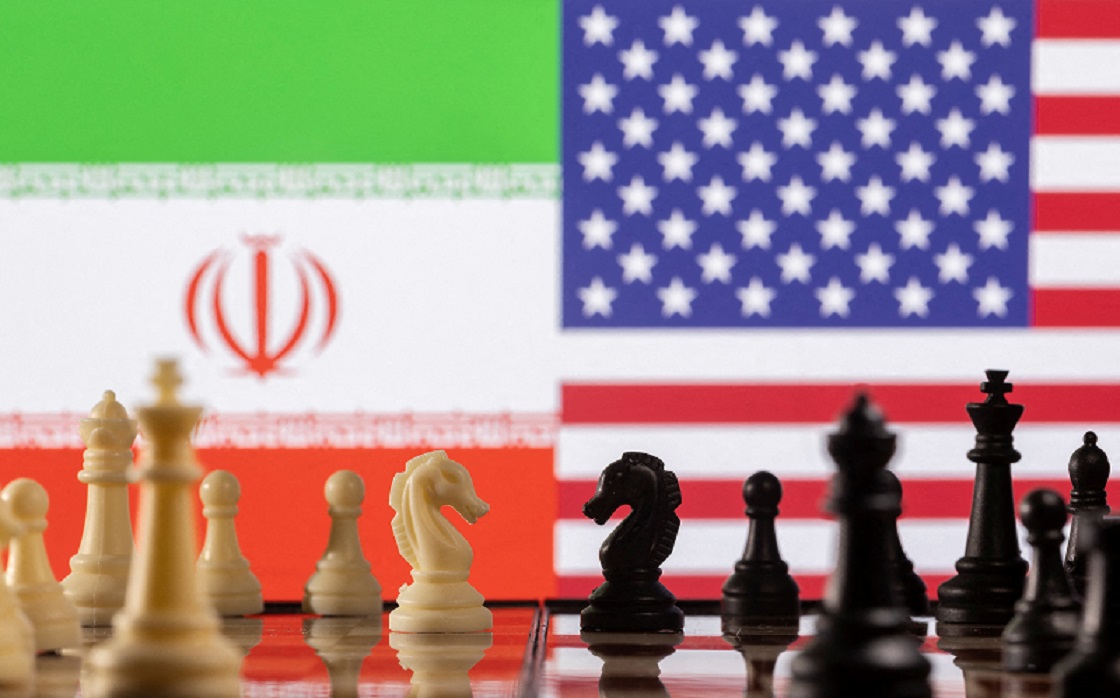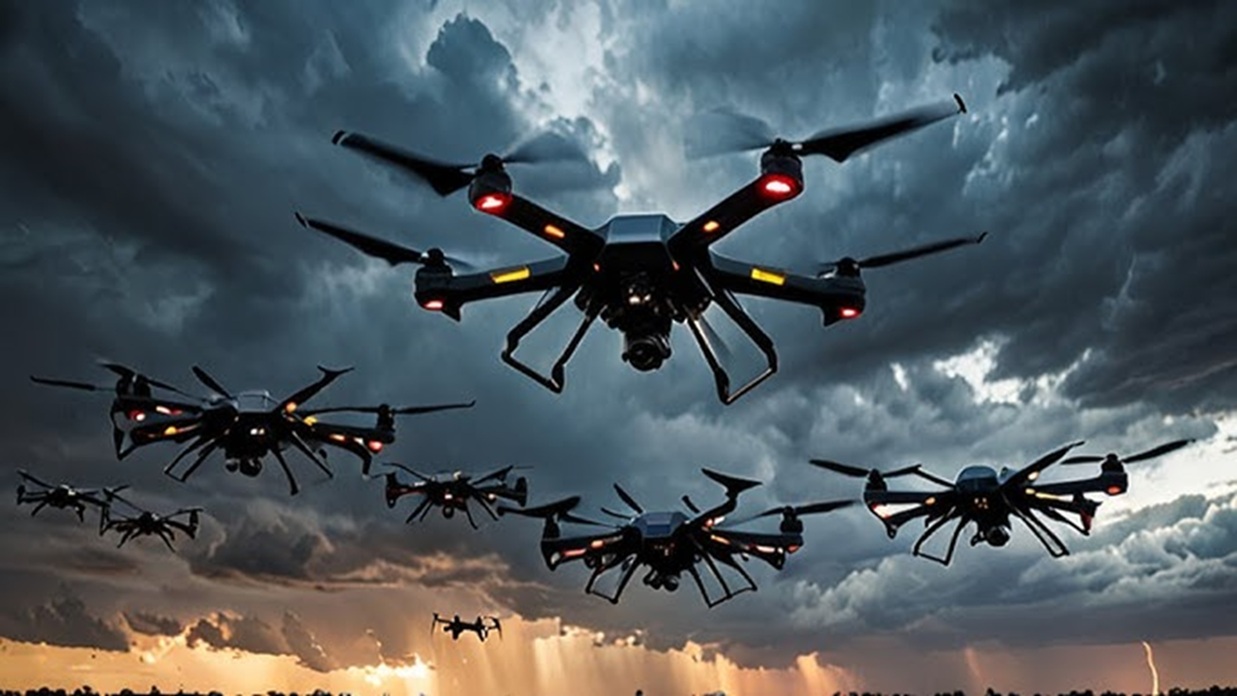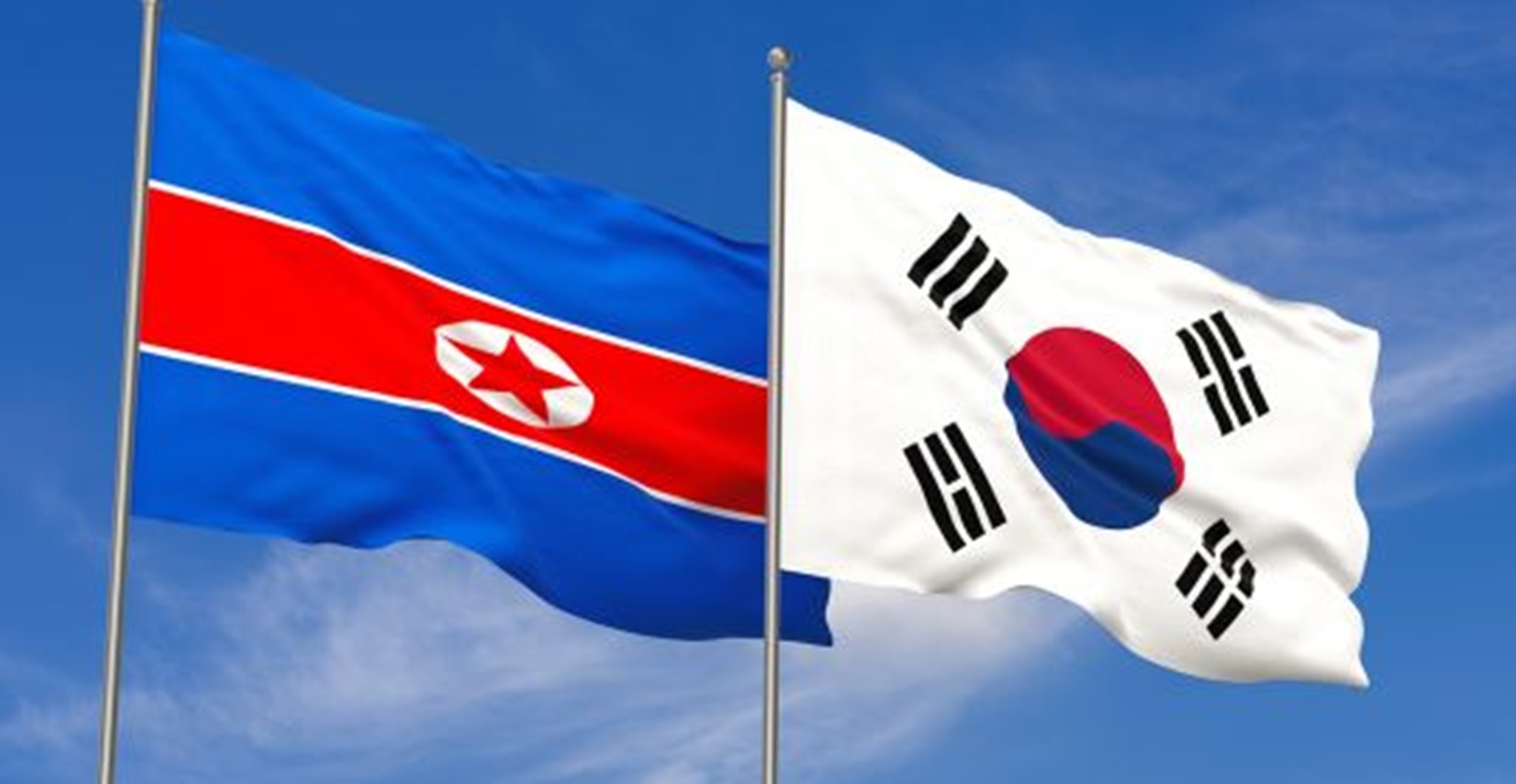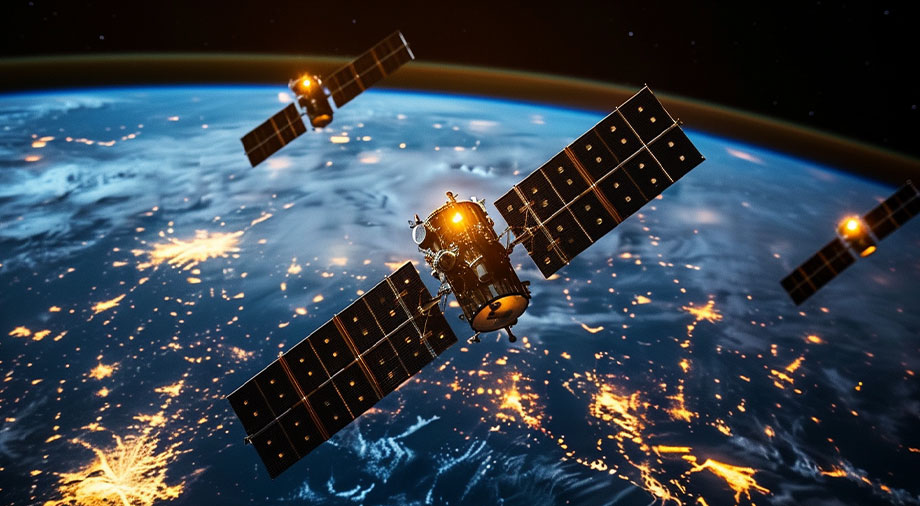The Biden administration finally make some progress in its efforts to de-escalate US-Iran tensions.
In an optimistic breakthrough, the United States and Iran reached an agreement after Tehran agreed to release American prisoners in exchange for a commitment by Washington to unfroze the Iranian $6 billion fund in South Korea. However, the nuclear deal is still elusive as US state secretary Antony Blinken stated that harsh sanctions will remain and there would be no relief offered to the Islamic Republic.
Joint Comprehensive Plan of Action (JCPOA), a nuclear agreement was initiated during the Obama administration to restrict Iran’s nuclear program by monitoring the level of Uranium enrichment, to determine the size of its stockpile of enriched Uranium and Tehran must allow the officials from International Atomic Energy Agency (IAEA) to inspect the nuclear facilities.
The commitment to the JCPOA agreement in 2015 emancipated Iran from various sanctions by the Western powers. The US lifted economic and oil sanctions on Iran and the hostile relations between Washington and Tehran experienced slight progress since 1979. But the hardliner Donald Trump had pulled out the United States from the nuclear deal and reimposed sanctions on Iran by accusing Tehran had not adhered to the framework. Trump wants to maintain proximal ties with Israel which has strained relations with Iran.
“Trump criticised that it cannot prevent Iran from developing a nuclear bomb under the decaying and rotten structure of the current agreement.”
However, the other P5 members expressed their displeasure over the unilateral action by Washington. The killing of Iranian general Qasem Soleimani by the US provoked animosity. Tehran ramped up its efforts to accelerate Uranium enrichment and began to expand its nuclear arsenal. According to an IAEA report, Iran has 43.1 kilograms of 60% enriched Uranium. If enriched to 90%, the country can build a nuclear bomb shortly.
The crippling sanctions on the Islamic Republic by the Trump administration had severe repercussions that impacted Iran in various sectors especially it hurt the oil exports.

Subsequently, both sides experienced a shift in government that drew the rivals to the negotiating table. Ebrahim Raisi’s regime demands to remove the Islamic Revolutionary Guard Corps (IRGC) from the US terrorism blacklist which persists as a stumbling block to retrieve the deal.
“Islamic Revolutionary Guard Corps, ideology army of Iran military established during Iranian Revolution.”
Israel Defence Minister Benny Gantz warned, “Plan B must be activated” if Tehran fails to reach an agreement. The country’s intelligence Mossad carried out a vicious strike that embraced the assassination of Iran’s nuclear scientist Mohsen Fakhrizadeh, the attack on the Natanz nuclear site, and the killing of IRGC Colonel Sayyad Khodaei. Prime Minister Naftali Bennett stated that it had the “right to self-defence” to halt Iran’s nuclear program while IAEA chief Rafael Grossi arrived in Israel.
US President Biden’s foreign policy extensively focused on the absence of conflict in Gulf states as he announced an end to United States support for the Saudi-led offensive in Yemen and also imposed severe restrictions on arms sales to Riyadh. Eventually, it opened a diplomatic channel between Saudi and Iran to solve the political deadlock but China extended its gesture for the rival’s rapprochement. After the Chaotic withdrawal of US troops from Afghanistan and commitment to cut its troops from Iraq, Washington lost a strong foothold in the region.
The sanctions isolated the Islamic Republic in the region that barred the long-term traditional ally India from cutting its oil imports from Iran. It adversely impacted the ties and unveiled an opportunity for China which resulted in a 25-year strategic agreement between Tehran and Beijing.
Revamping the nuclear agreement is very lucrative for both parties but the contradiction in critical areas interrupts striking a deal.
References
https://www.cnbc.com/2021/03/23/these-6-charts-show-how-sanctions-are-crushing-irans-economy.html
https://www.reuters.com/world/four-us-citizens-moved-iranian-prison-house-arrest-2023-08-10/
Disclaimer: The views and opinions expressed by the author do not necessarily reflect the views of the Government of India and Defence Research and Studies
Title image courtesy: Reuters





